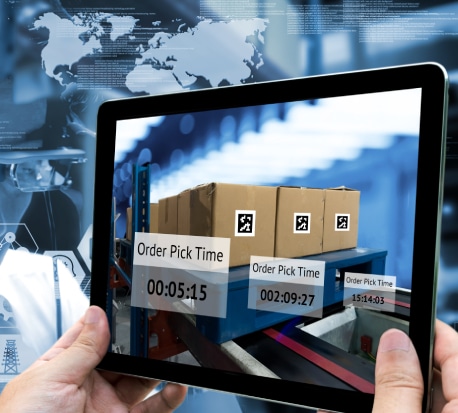I
- Identity and Access Management (IAM)
- Incident Response
- Industrial IoT (IIoT)
- Industry 4.0
- Infrastructure as Code (IaC)
- Infrastructure Security
- Innovation Product Design
- Innovation Product Development
- Insider Threat Detection
- Integration Testing
- Intelligent Automation
- Intelligent Process Automation
- Interactive Application Security Testing (IAST)
- Internet of Things (IoT)
- Internet of Things Platform
- Internet of Things Strategy
- Intrusion Detection System (IDS)
- IT/OT Convergence
Intelligent Process Automation
Simple Definition for Beginners:
Intelligent process automation involves using advanced technologies like artificial intelligence and machine learning to automate complex business processes, improve efficiency, and enhance decision-making.
Common Use Example:
A financial institution implements intelligent process automation in its loan approval process, using AI algorithms to analyze applicant data, assess risk factors, and make automated loan approval decisions, reducing processing times and improving accuracy.
Technical Definition for Professionals:
Intelligent process automation (IPA) combines robotic process automation (RPA) with artificial intelligence (AI) capabilities such as machine learning, natural language processing (NLP), and cognitive automation to automate end-to-end business processes intelligently. It involves automating repetitive tasks, data entry, decision-making, and workflow management using AI-driven algorithms and analytics. Intelligent process automation systems can learn, adapt, and improve over time, handling complex tasks, exceptions, and dynamic environments, leading to operational efficiency, cost savings, and strategic insights.
Intelligent Process Automation

